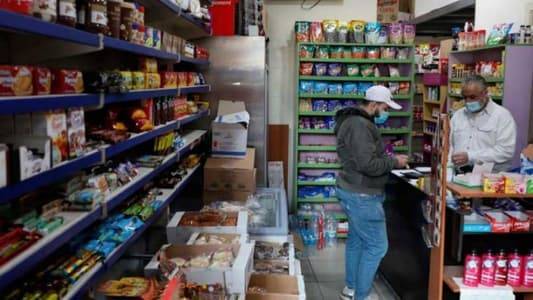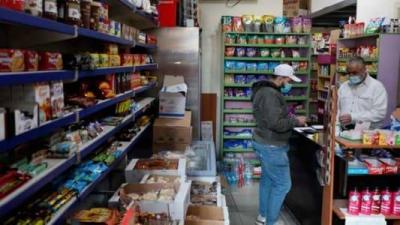Prices of goods and services are skyrocketing like wildfire, and the only thing that can slow down their hysterical rise, amid the increasing dollar value, is the conversion of prices from Lebanese lira to dollars, as seen with clothing, electronics, health insurance, restaurants and cafes, generator bills, and finally supermarkets. But what is the impact of comprehensive dollarization on the economic reality, and has it become an urgent demand today, especially in light of dollar fluctuations and the absence of oversight?
Economic expert Louis Habika explains that comprehensive dollarization means the complete elimination of the Lebanese lira and its replacement with the dollar, making it the circulating currency. Politically, Habika sees that the "lira" is the weapon of our economy and the currency of our nation, while the dollar is the currency of the United States. Accepting it places us under the control of American economic policies and interests. Furthermore, the problem of Lebanon is not only monetary as some try to portray, but rather political, reflecting on monetary issues. Thus, monetary reform is possible if there is a genuine intention to adopt political reform, the foundations of which are now well-known, including electing a president, forming a new government, implementing reforms, and restoring the judicial system and institutions.
Additionally, Lebanon is not ready for "dollarizing" its economy, especially given the current monetary and financial situation. This principle would inevitably eliminate many sectors in the country, including the agricultural and industrial sectors, and dollarization would hinder the export of agricultural products, as their prices would rise and consequently remove them from the list of competitive materials. Similarly, in the industrial sector, Lebanon does not have a large production base, and exports are generated from sectors with lower prices, like Lebanese wine, where the cost of production is fundamentally higher than that of overseas production. How will it be when prices are converted to dollars?
Habika also points out that a large number of small businesses will close their doors as they are not prepared to pay their dues in dollars, including about 23,000 small shops scattered across Lebanon, in contrast to supermarkets that may be able to withstand these changes.
Tourism-wise, Lebanon is currently attracting a considerable number of tourists, as it has become a cheap destination for expatriates and tourists, but dollarization would eliminate this attractive factor. Lebanon also lacks strong dollar income sources like oil. He asserts that the cost of transitioning to dollarization is "dangerous," with many administrative difficulties, yet Lebanon has a ready ground to absorb positive change.
In any case, Habika believes that the factors affecting Lebanon, which contributed to the collapse of the lira, whether internal, external, or regional, will not last forever. Thus, having a national currency and a central bank capable of absorbing positive change is better than re-establishing institutions from scratch.




